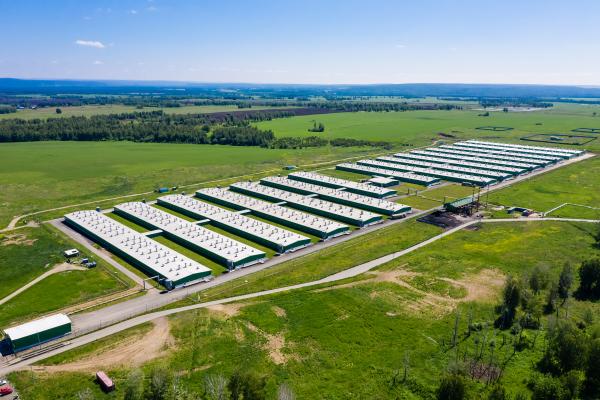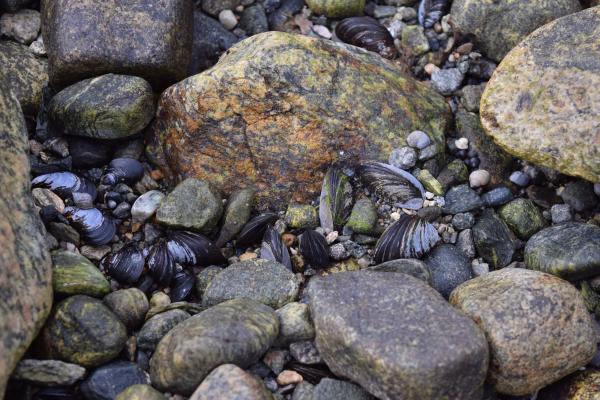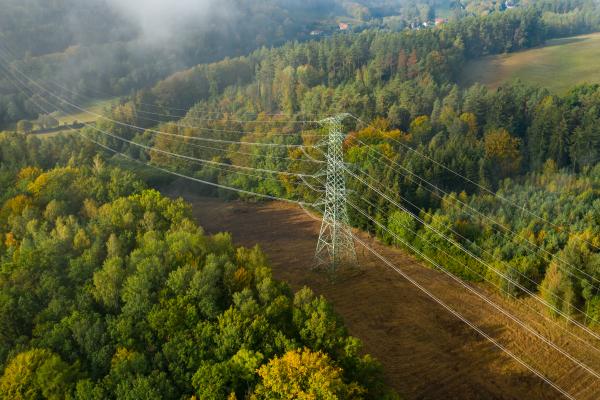Filter by
Science for Environment Policy - All News (125)
RSS
Issue 608: Red foxes are ingesting closantel, a veterinary drug. A study suggests that it is useful to monitor red foxes for veterinary residues in the environment as they are at risk of developing drug-resistant parasites.

Issue 608: Field data from a Czech woodland shows how a coppicing regime affects spider diversity over time, providing evidence to suggest the effectiveness of this declining practice for enhancing woodland biodiversity.

Issue 607: Small-scale dredging to improve access to new second homes on the Finnish shoreline poses a threat to coastal biodiversity, which could undermine the pivotal roles these ecosystems play, according to a large-scale modelling study.

Issue 607: In 2019, exposure to small particle air pollution (PM2.5) caused one-fifth of the global burden of neonatal disorders. New research suggests the impact from ambient (outdoor) pollution is rising – especially in lesser developed regions.

Issue 607: Various factors influence participation in recycling actions. This study of a battery disposal scheme reports higher participation where households are near drop-off points and where information about wastage is provided using metaphors.

Issue 607: A key driver of global biodiversity loss is land use, which involves converting or modifying natural ecosystems to produce biomass for human consumption. A new study explores how land used to supply biomass to Vienna impacts biodiversity.

Issue 607: Polyester microfibres in seawater have been found to slow the growth of juvenile mussels by 36%. Understanding how these ocean pollutants impact shellfish could inform regulatory measures in areas such as textile design.

Issue 606: Hares, deer and foxes regularly visit and forage in unfarmed patches of land under power pylons. A new study offers guidance for conservation managers to enhance the nature value of these habitats further.

Issue 606: A comprehensive study of European forests has revealed a sharp rise in forest disturbance across 34 countries between 1950 and 2019.

Issue 606: New study indicates that vineyard biodiversity and production can be optimised simultaneously, combining organic management practices with other regenerative practices, such as lower pesticide use, tillage and mowing – which enhance organic management.
